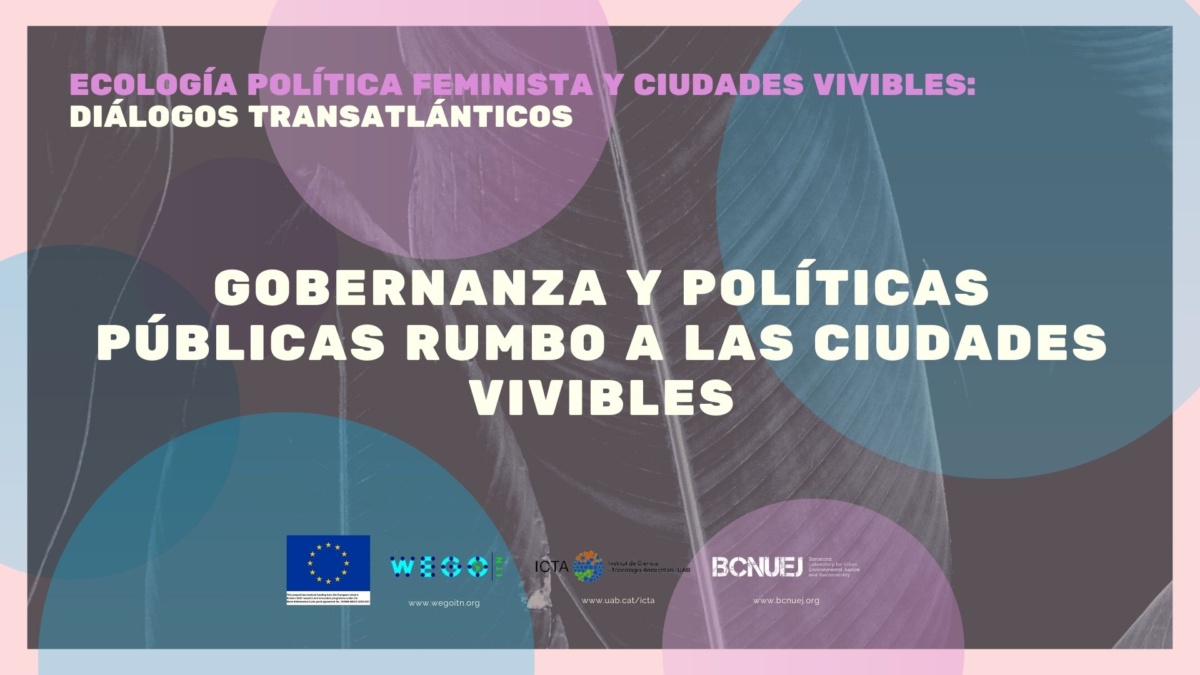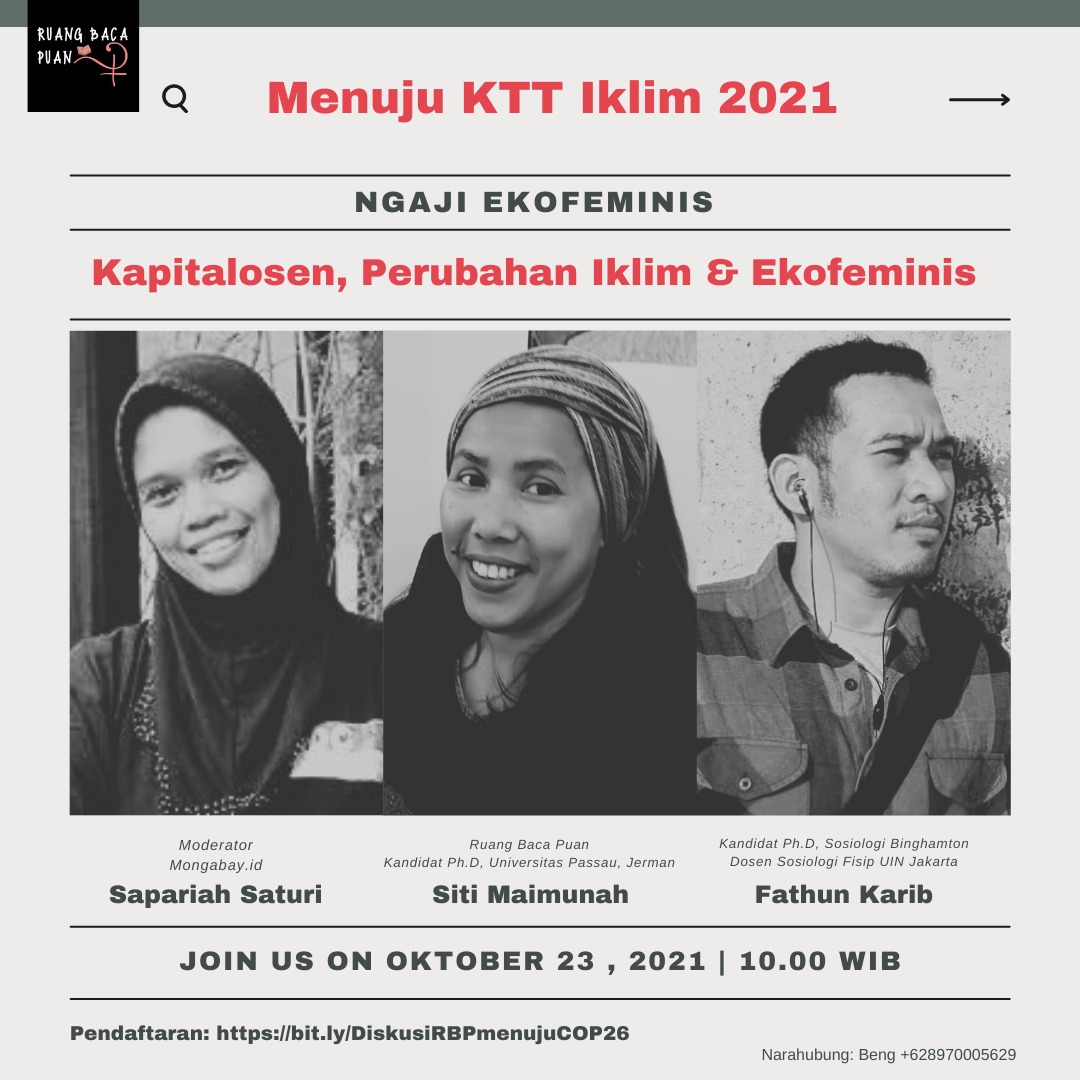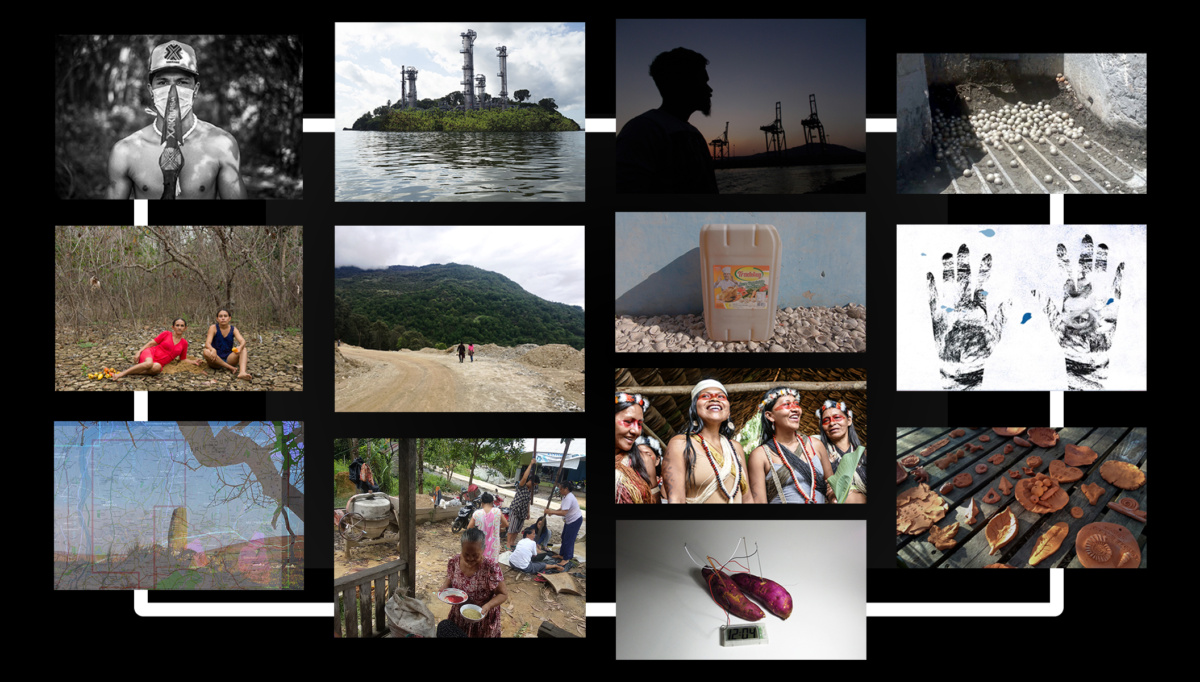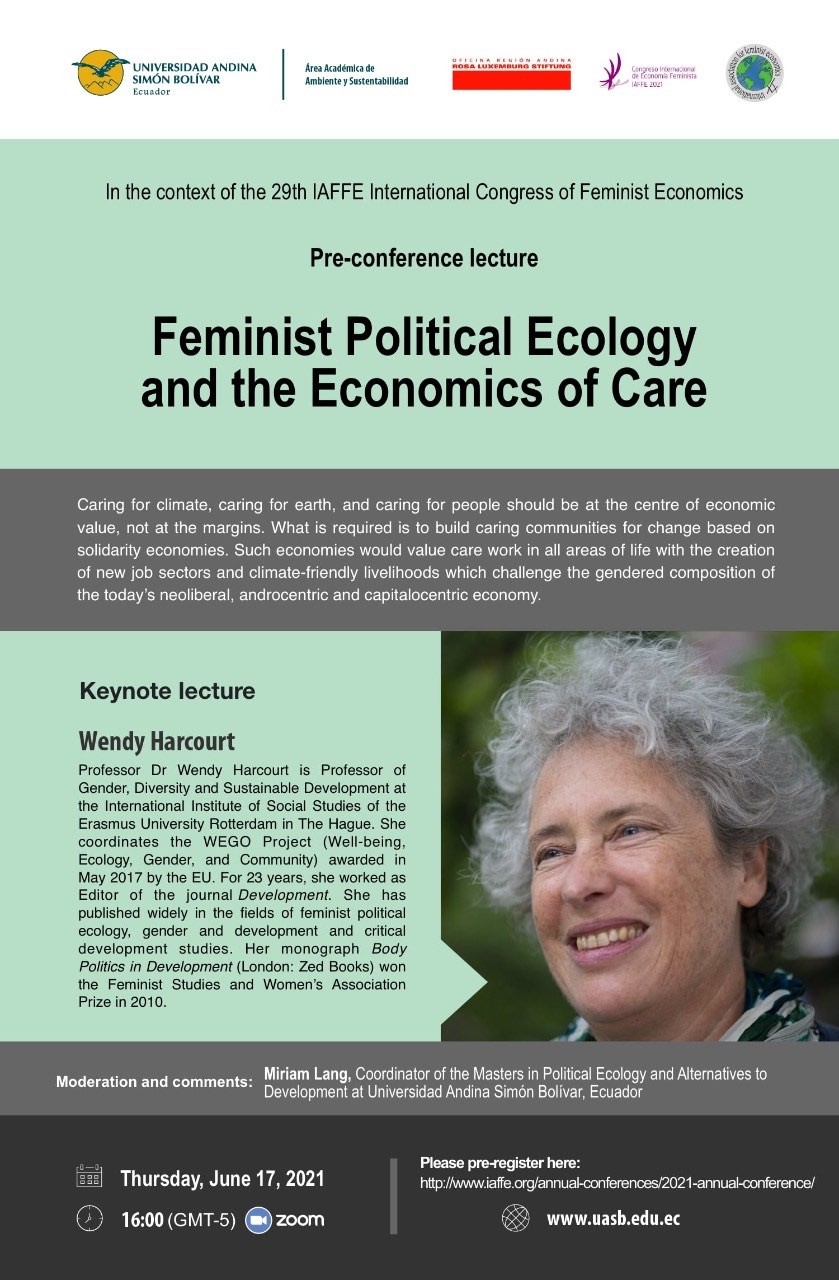The Political Ecology Network (POLLEN) organising committee for POLLEN 2022 has made the decision to shift the conference to a virtual format. This decision takes into account the unlikelihood that the international participants will travel under prevailing Covid conditions, and also under advice from the host University of Kwazulu-Natal, in Durban South Africa, in terms of capacity restrictions under Covid protocols for an in-person event on campus.
The Pollen conference will be a fully virtual, interactive event and while we can’t replicate the in-person experience, we can maximise the virtues of technology to ensure we can still gather together in a virtual space to continue to share insights and grow the network. We will be adapting the programme to suit the virtual format and will include a variety of opportunities for interaction – among attendees and between attendees and speakers. The conference will also be extended from a three to a 4-day event, running from the 28 June – 1 July 2022.
Extended submission deadline for completed organised session proposals
In anticipation of further interest in the amended format, we have extended the call for organised session proposals till 31 January 2022.
The POLLEN 2022 Organising Committee is pleased to announce the second Call for Proposals for Organised Sessions, and an extended deadline for submission.
This Call encourages proposals for Organised Sessions in a variety of both conventional and novel formats, aspiring to bring together perspectives and ways of sharing from across disciplines and geographic traditions, and welcoming contributions from within and outside the academy.
To this end, this Call encourages proposals for Organised Sessions in a variety of both conventional and novel formats, aspiring to bring together perspectives and ways of sharing from across disciplines and geographic traditions, and welcoming contributions from within and outside the academy.
You can read the full Call for Proposals here.














